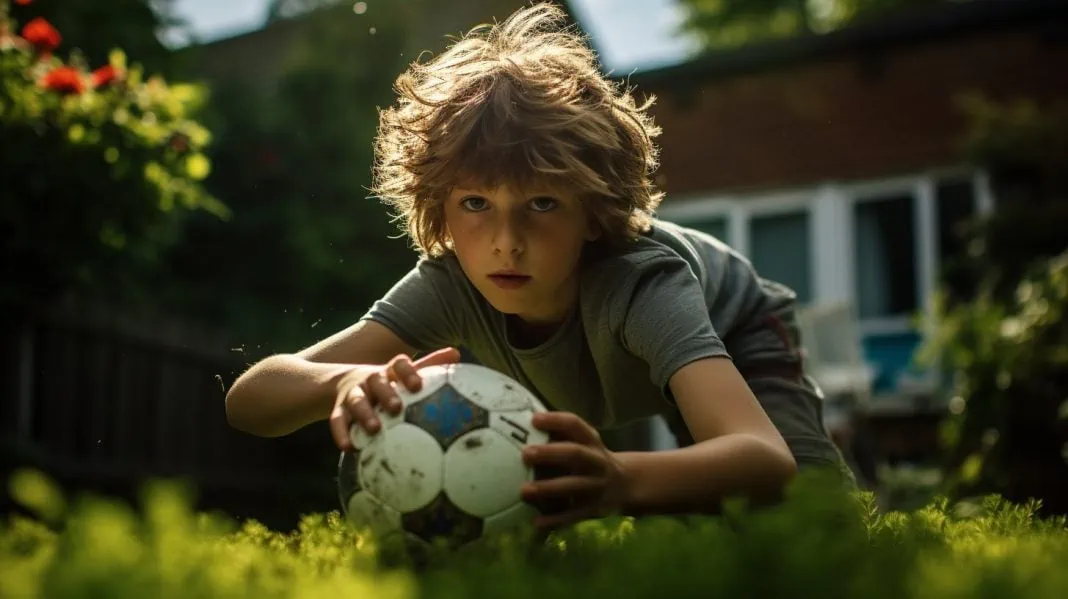According to the U.S. Centers for Disease Control and Prevention, 19,7% of American children and teenagers are obese. Your child might not be obese and not even overweight, but this is now while he’s still growing and his body is using more resources to develop when compared to an adult.
So what will happen as he gets older, if you don’t teach him how to be an active person with a healthy lifestyle while you still can? Here are a few things you can do so your children will enjoy physical activities, which will likely also improve your relationship with them as a parent.
7 Things to Guide your kids to be active

1. Outdoor activities at least once a week
We all need to spend some time outdoors, but it doesn’t need to be just a simple walk from point A to point B. At least once a week, you must find time to go outside and do some fun activities with your family. Kids will appreciate physical activities a lot more when they’re entertaining. Plus, you’ll get to spend some quality time with them.
2. Assign chores for your kids
Giving your child some basic chores doesn’t just give him something to do but teaches him how to be responsible. Start with simple tasks such as taking out the trash and move forward towards more complex ones such as making his bed, cleaning his room, dish washing and others.
If you have a pet or plan on getting one, it will give you another chore to add on the list. Once your child knows how to behave around the dog properly you can let him be the one that feeds the dog (under supervision of course). Also, find ways to reward your kids for doing chores, as it will help them find satisfaction for doing something right.

3. Less time in front of the TV
Watching TV is by far one of the most common family activities. Surely, your kids will think it’s ok to spend so much time in front of the tube if their parents do it. The same goes for using your computer or tablet too much. And it will only make it harder for you to limit your kids from using them.
Set an example by limiting your own time spent in front of these devices before restricting your children. Sure, TVs are an easy way of keeping your kids occupied while you’re doing your chores, but there are more interesting activities that can help your children learn new skills and improve the ones they already have (drawing and art crafting for example).
4. Consider getting a dog
Having a dog in the family comes with many benefits. A dog can keep not just your kids active but the entire family. He needs his daily walks and playtime, which will only give you and your children other activities you can do away from TVs, computers, smartphones and other time-sucking modern gadgets that make you sit down too much and move too little.
5. Ensure proper nutrition
Eating the right foods is good for anyone, but it’s extremely important for children. They are still growing, and their bodies need all of the essential nutrients to develop properly. It’s up to you as a parent to make the right choices for your family meals, and what decisions you make now can affect your children for the rest of their lives.
Varied ingredients, ensuring your kids get enough protein, carbs, and fiber, and eating fruits and vegetables every day, depends entirely on you. It’s even more important if you’re keeping your kids active. That extra physical effort requires its fair share of resources.

6. Play with your children actively
There are many ways you can choose to spend your time with your children, and some of them might not involve much physical activity, like helping them with homework or playing a board game.
There’s nothing wrong with that, but you should try at least once every few days to engage in more active play. Go to the park or find sports you and your kids love, such as baseball, basketball, biking, swimming, and hiking.
7. Set a regular bedtime
A study conducted by Yvonne Kelly, professor of lifecourse epidemiology at University College London, found a strong correlation between irregular bedtimes and behavior problems in 7-year-olds.
Kelly and her research team tracked more than 10,000 7-year-old children. They discovered that kids with irregular bedtimes had significantly more behavioral problems based on data collected from a 25-question behavior survey filled in by teachers and parents.
Moreover, the longer the children had irregular bedtime, their behavioral problems worsened. On the other hand, the study also found this problem is reversible. This means that if you switch your child to regular bedtime, the problems will most likely go away.
If you want your kids to be active, they also need quality rest. As seen from this study’s results, that rest also greatly impacts their behavior.
